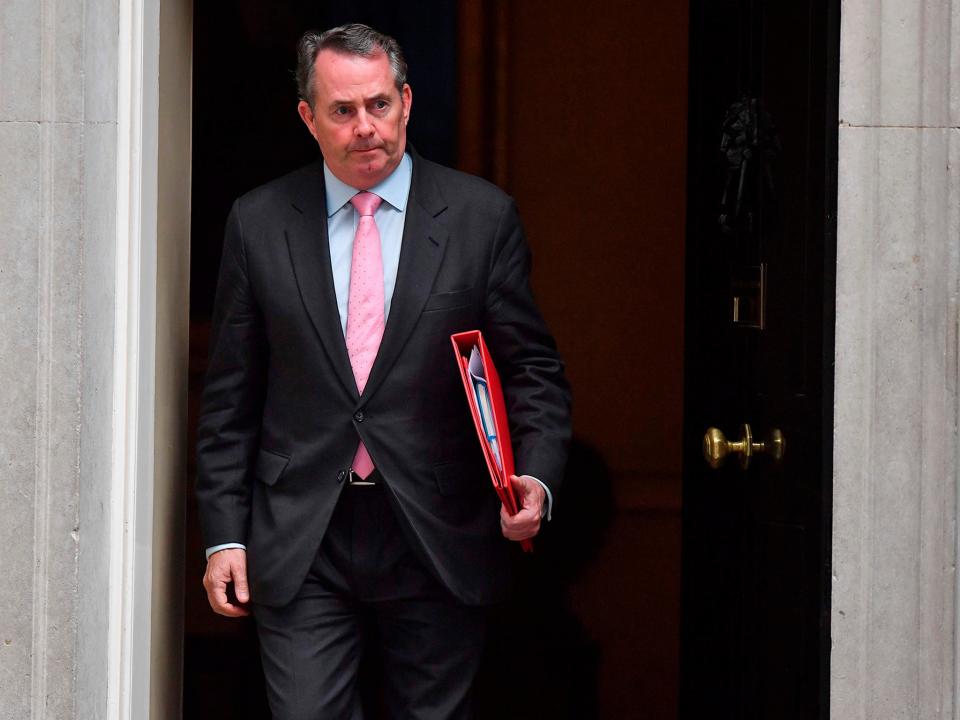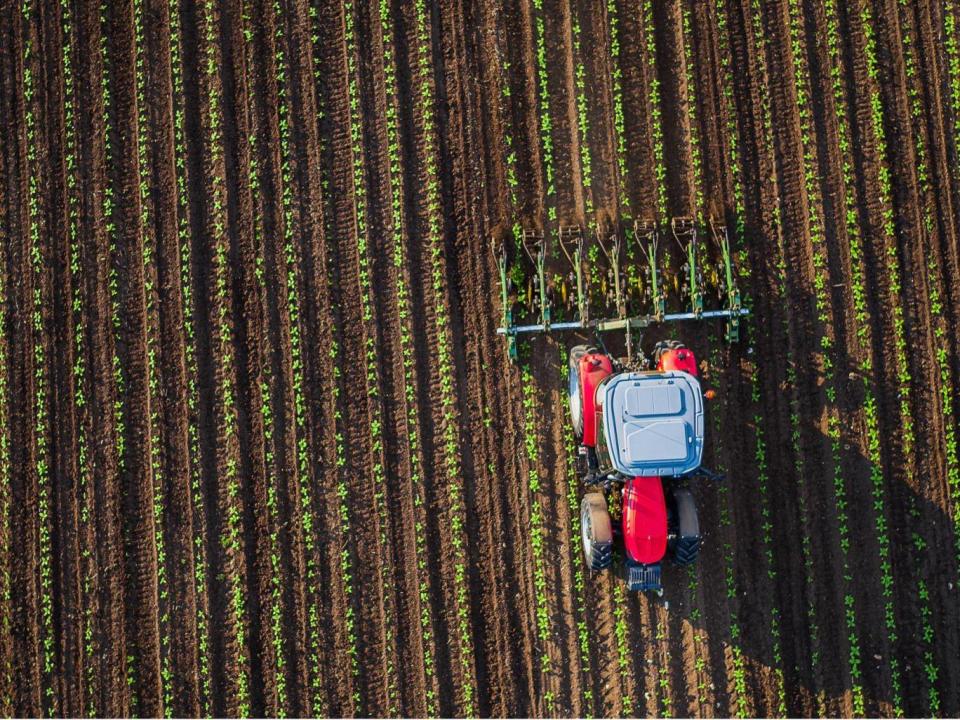Brexit: Liam Fox has underestimated difficulty of getting British farmers a good trade deal, MEPs warn

MEPs representing the UK’s agricultural communities are “deeply concerned” that Liam Fox has underestimated how difficult it will be to get British farmers a good trade deal after Brexit, according to private correspondence obtained by The Independent.
A joint letter from MEPs across all the UK’s main parties to the international trade secretary demands answers on how much progress Theresa May’s trade chief has made on keeping access to markets around the globe – with farmers still facing uncertainty with just a year to go until Brexit.
Dr Fox previously said a Brexit trade deal would be “the easiest in human history”, but the MEPs warn that it is now becoming clear that securing a good deal not just for access to EU markets but around the world would be “complex and time-consuming matter”.
The 18 MEPs, who all either represent agricultural areas or sit on the European parliament’s agriculture committee, are members of the Greens, Labour, Liberal Democrats, Plaid Cymru, and SNP – as well as Mr Fox’s own Conservative Party.
The Department for International Trade, which The Independent contacted for a response to the letter, said the Brexit transition period would provide “continuity” on current trade terms.
MEPs say they are still in the dark about what progress has been made on getting existing EU trade deals with other countries applied to Britain during the transition period, and ask the international trade secretary for an update.
They also ask for information about how much progress has been made on getting non-EU countries to recognise that Britain still follows EU standards during the transition period, and whether any progress has been made on a scheme to replace EU rules that protect products such a Cornish pasties, West Country Cheddar cheese, and Gloucestershire cider.

Though Britian will continue to follow EU rules during the transition period, which starts in less than a year’s time, it will not be an EU member state and there are concerns that other countries will not have to recognise it as such for the purposes of existing EU trade deals that give Britain farmers access to markets. The situation is made more urgent by the fact that the UK cannot even begin to negotiate replacement deals with other countries until it has left the EU.
“It has become clear that negotiating our trade framework after Brexit will be a complex and time-consuming matter,” the MEPs wrote in the letter.
“As political representatives of farmers and food exporters we are deeply concerned that the underestimation of the difficulty of this process should not impact negatively on them and hence on British trade.
Molly Scott Cato, a Green MEP representing the strongly rural and agricultural South West, and one of the letter’s signatories, said: “Liam Fox’s infamous claim that securing a trade deal with the EU post Brexit would be the ‘easiest in human history’ has been exposed as total bluster and bravado.
“It has become clear that negotiating a trading framework – especially one which protects our farmers and food producers – will be complex and time-consuming.”
The full list of signatories of the letter is Molly Scott Cato, Jude Kirton-Darling, Paul Brannen, Theresa Griffin, Richard Corbett, Seb Dance, Wajid Khan, Jean Lambert, Mary Honeyball, Alex Mayer, Julie Ward, Catherine Stihler, Jill Evans, Keith Taylor, Alyn Smith, Clare Moody, Julie Girling, and Catherine Bearder.
A government spokesperson said: “As we leave the EU we will forge new and ambitious trade links around the world, reaching new customers for UK farmers and food and drink producers, while also maintaining our high standards on animal welfare and food safety.
“We are very clear that the UK will continue to protect UK geographical indications, and we expect that all current UK GIs will continue to be protected by the EU’s GI schemes after we leave. We are discussing this with the EU and are also agreeing an implementation period which provides continuity of our current trade terms.”
“Ministers and officials meet regularly with farming groups and food and drink producers from across the UK to address their concerns and discuss how a future independent UK trade policy can support them to grow.”

 Yahoo News
Yahoo News 